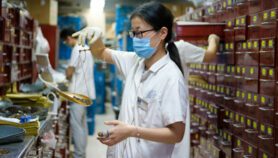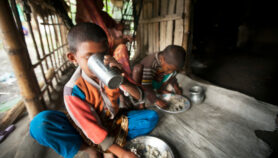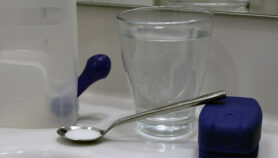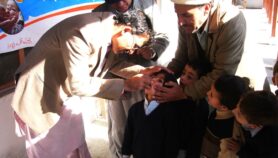Send to a friend
The details you provide on this page will not be used to send unsolicited email, and will not be sold to a 3rd party. See privacy policy.
Drug-resistant malaria is a problem in South-East Asia, and could have a knock-on effect in Africa, according to two articles from the BBC and Reuters.
The jungle areas of Cambodia, Laos, Myanmar and Vietnam have high rates of malaria. They also have a high number of fake anti-malarial drugs — sometimes up to 50 per cent, writes Jill McGivering for the BBC.
The biggest problem is fakes that contain just enough active ingredient to fool the testers: not enough to kill the malaria parasite, but enough to encourage resistance towards valuable drugs like artemisinin.
The fake drugs come mostly from China and are produced on an industrial scale. Legitimate drug companies say China must toughen up its regulations on exported drugs.
China says it is willing to address the problem, but has declined to join a new regional system for professionals to alert each other about suspicious drugs.
Meanwhile, problems in Myanmar are fuelling drug resistance in malaria, as well as tuberculosis, across the region, writes Ed Cropley for Reuters.
Around 150,000 migrants have entered Thailand following the civil war in Myanmar, and the Thai health service is struggling with the disease risk of refugees from a country with a dire health service.
Without proper advice, malaria-infected patients are taking artemisinin therapy incorrectly, helping the parasite build immunity to the drug. This could have consequences for other regions: already one drug-resistant strain from South-East Asia has been found in Africa.
And similar problems are leading to drug resistance to tuberculosis in the region.
The Thai health services are having difficulty contacting migrant patients — who often have no fixed address or telephone — to make sure they take the full course of their treatment.













